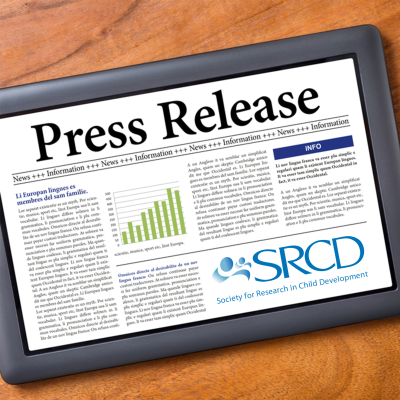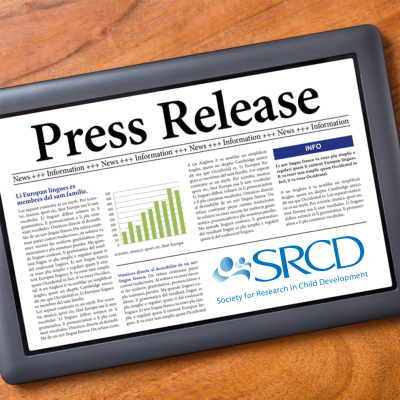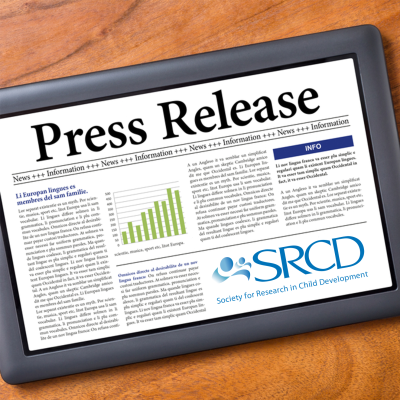Sacrificing Sleep to Study Can Lead to Academic Problems
PRESS RELEASE / CHILD DEVELOPMENT: Embargoed for Release on August 21, 2012
Regardless of how much a high school student generally studies each day, if that student sacrifices sleep in order to study more than usual, he or she is more likely to have academic problems the following day. Because students tend to increasingly sacrifice sleep time for studying in the latter years of high school, this negative dynamic becomes more and more prevalent over time.
Those are the findings of a new longitudinal study that focused on daily and yearly variations of students who sacrifice sleep to study. The research was conducted at the University of California, Los Angeles (UCLA) and appears in the journal Child Development.
“Sacrificing sleep for extra study time is counterproductive,” says Andrew J. Fuligni, professor of psychiatry and biobehavioral sciences and a senior scientist at the Jane and Terry Semel Institute of Neuroscience and Human Behavior at UCLA, who worked on the study. “Academic success may depend on finding strategies to avoid having to give up sleep to study, such as maintaining a consistent study schedule across days, using school time as efficiently as possible, and sacrificing time spent on other, less essential activities.”
For 14 days in each of the 9th, 10th, and 12th grades, 535 students from several Los Angeles-area high schools reported in diaries how long they studied, how long they slept, and whether or not they experienced two academic problems—they didn’t understand something taught in class or they did poorly on a test, quiz, or homework. The students represented a mix of socioeconomic and ethnic backgrounds.
Although the researchers expected that extra hours of studying that ate into sleep time might create problems in terms of students’ understanding of what they were taught in class, they were surprised to find that diminishing sleep in order to study was actually associated with doing more poorly on a test, quiz, or homework (the opposite of the students’ intent).
“As other studies have found, our results indicated that extra time spent studying cuts into adolescents’ sleep on a daily basis, and it is this reduced sleep that accounts for the increase in academic problems that occurs after days of increased studying,” Fuligni explained. “Although these nights of extra studying may seem necessary, they can come at a cost.”
Fuligni said the study’s findings do not suggest that teens should spend less time studying overall, but that those teens who give up sleep to study more than usual are more likely to have academic problems the following day.
The research was supported by the Russell Sage Foundation.
###
Summarized from Child Development, Volume 84, Issue 1, To Study or to Sleep? The Academic Costs of Extra Studying at the Expense of Sleep by Gillen-O’Neel, C, Huynh, VW, and Fuligni, AJ (University of California, Los Angeles). Copyright 2012 The Society for Research in Child Development, Inc. All rights reserved.


